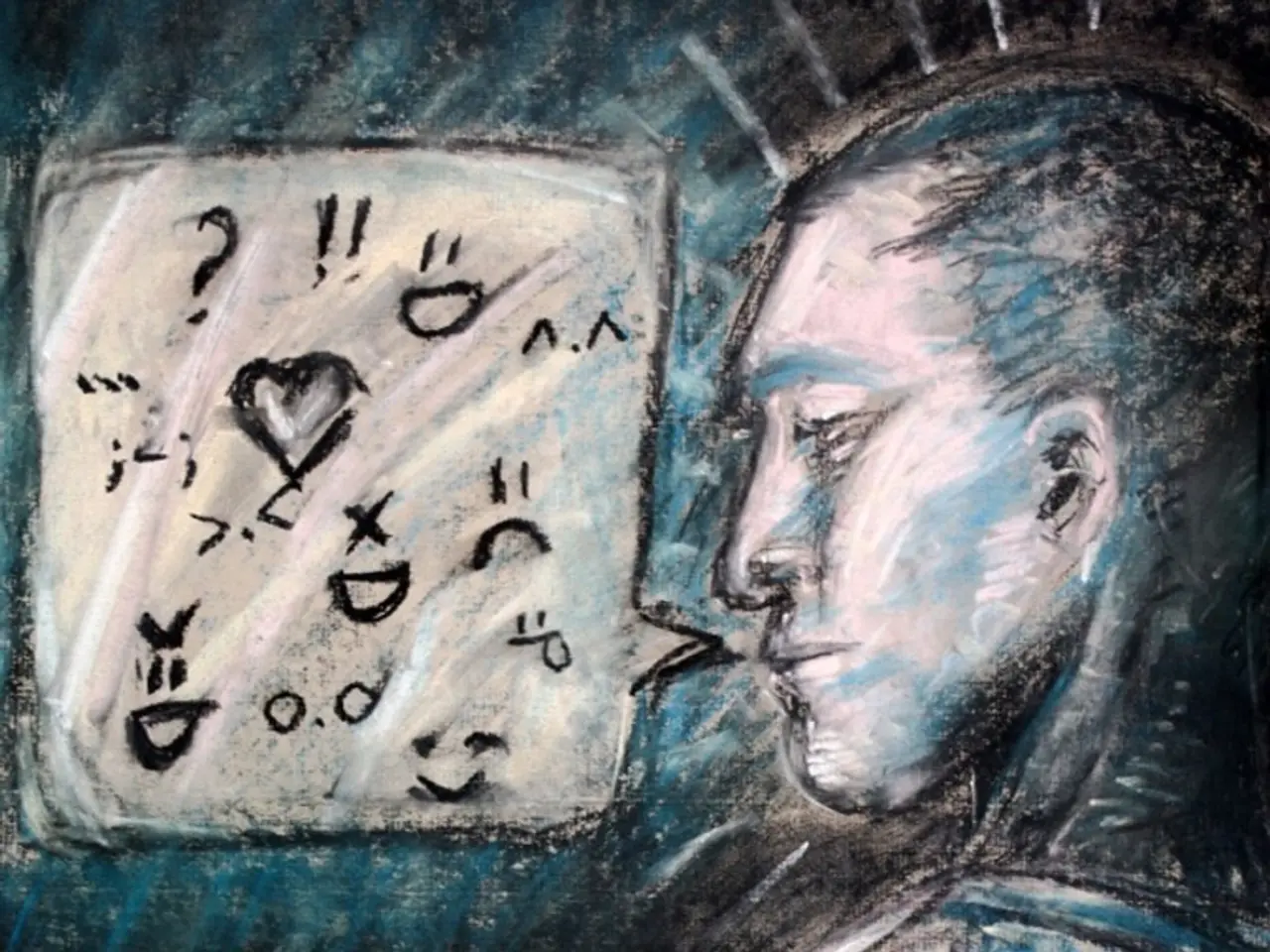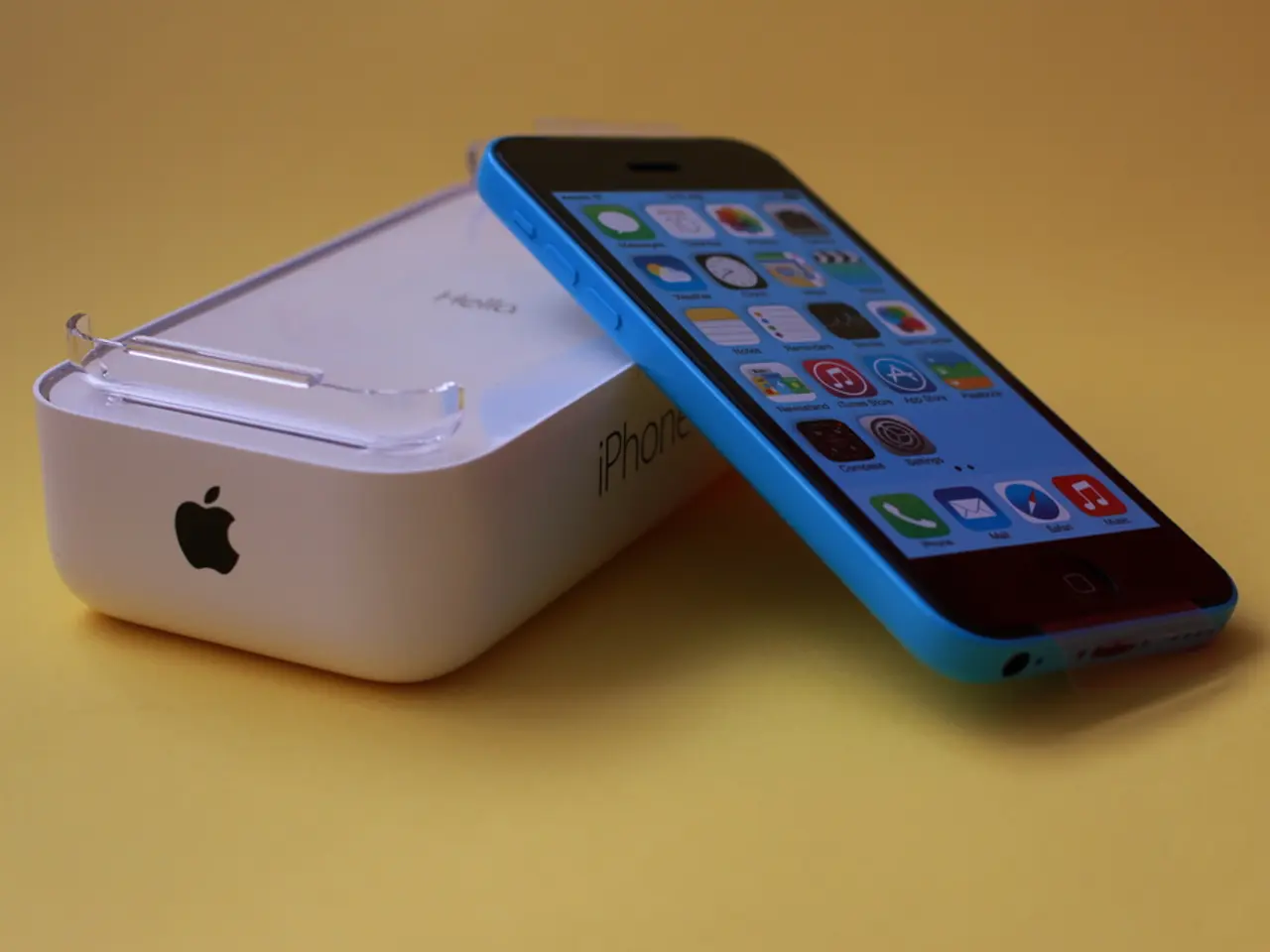AI's potential to reach the top of music charts in 2023 with a number 1 single.
In a groundbreaking move for the music industry, FN Meka, an AI-generated artist, was signed by Capitol Records in August 2022, marking the first time a major record label had taken on an AI artist. However, the excitement was short-lived as FN Meka was dropped just two days later amid controversy surrounding alleged caricature, stereotyping, and cultural appropriation of Black music artists.
The signing of FN Meka sparked debates about the role of AI in music, with some viewing it as a threat to the purity of artistic integrity. On the other hand, AI music can also be seen as a tool for democratizing music production, bypassing the need for formal music education.
Implications for the Music Industry
The rise of AI-generated music could have significant implications for the music industry. One of the key potential challenges is copyright and authorship, as AI music is often trained on existing songs without explicit permission or compensation to original artists. This raises ethical and legal concerns about "uncompensated labor" and intellectual property rights.
Another impact could be on the economic prospects of human artists. The proliferation of AI-generated tracks, often cheaper and easier to produce, might flood streaming platforms, potentially diverting listener attention and royalties away from human musicians. This could lower payouts and reduce career sustainability for traditional artists.
The music industry may also face market and industry transformations. AI artists like The Velvet Sundown are already gaining millions of streams and real revenue without traditional music industry infrastructure such as record labels, live tours, or social media presence. This disrupts conventional music marketing and distribution models.
However, there are also potential benefits. AI music could democratize music production, allowing more efficient music production and new forms of artistic expression. This could enable independent artists to thrive in digital-first environments and bypass traditional gatekeepers.
The Role of Authenticity
The rise of synthetic bands that blur lines between human and generated art challenges listener perceptions of authenticity and identity in music. This might reshape the cultural value placed on human artistry versus algorithmic creativity.
Despite these challenges, the charts may eventually contain multiple tracks from AI artists. The emotional depth that some believe is essential for great music may not be the best criteria for measuring the capabilities of AI-generated music. The charts have historically been receptive to various forms of music, suggesting that an AI-generated number 1 single is likely in the future.
The Future of AI in Music
It is unlikely that AI will take over the music industry anytime soon. However, the potential for AI music is significant, particularly on youth-oriented platforms like TikTok. FN Meka, a fictional AI rapper created by Brandon Le in 2019, gained 10 million followers and over one billion views on TikTok by 2021.
Artists like Taylor Swift continue to demonstrate the emotional investment fans have in live music experiences, but the rise of virtual events hosted by Travis Scott, Ariana Grande, and ABBA indicates a growing interest in such experiences. Even legendary bands like ABBA are experimenting with AI, featuring AI motion-mapped digital avatars for live performances in London.
As the music industry continues to evolve, it will be interesting to see how it adapts to the challenges and opportunities presented by AI-generated music. The industry may need to adapt with new policies, business models, and definitions of creativity to respond to these changes.
The potential benefits of AI music include democratizing music production, allowing a bypass of formal music education and traditional gatekeepers. However, the rise of AI-generated music could have ethical and legal concerns about copyright and authorship, as AI music is often trained on existing songs without explicit permission or compensation to original artists.
As AI artists like FN Meka gain popularity on youth-oriented platforms, the charts may eventually contain multiple tracks from AI artists, challenging the cultural value placed on human artistry versus algorithmic creativity.
The future of AI in music is significant, particularly on platforms like TikTok, but the industry may need to adapt with new policies, business models, and definitions of creativity to respond to these changes.




